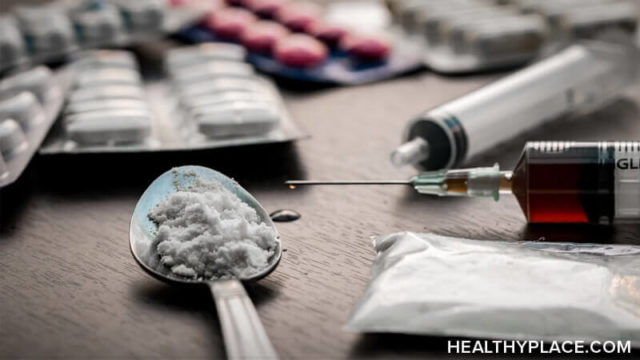
Addiction is a strong, destructive disease that impacts millions of people. In fact, statistics show that addiction affects more than one in seven people with more than forty million Americans battling the disease every day. Sadly, addiction impacts more lives than cancer, heart disease, and diabetes.
Addiction not only impacts the sufferer of the disease, but the family, friends, and employer of the sufferer. It has split families apart, heavily impact the sufferers’ income and can have long-lasting effects on the health of the impacted.
There are various types of addiction, including drugs and alcohol, but there are also others like stealing and gambling ticks. Whether it be drugs, alcohol or any other addiction, without some form of treatment, the affected person could become gravely ill and even face death.
Luckily, there are ways and means to help treat addiction and assist the person in combating the destructive disease. We are going to go through a few steps that you can take to help alleviate the impact that it has on your life.
Admittance
Before anyone can do anything to overcome the powerful hold that addiction has on their lives, they have to admit that they have a problem. Although this seems like a simple and easy step, it is in fact one of the most difficult parts of the recovery process. Most people rely on addiction to maintain a part of their life. They have turned to addiction to cope with something in their lives that has not been totally fulfilling or to mask pain or trauma.
Most addicts are in deep denial about their addiction as they are using it as a coping mechanism, so they will blindly deny having a problem. So, in order to start the recovery process, the addict will have to admit that they have a problem. Admittance and acknowledgment are the most powerful forces in overcoming addiction and without this first step, the addict cannot move on to the next steps.
Detoxing
The next step to take is to detox the body of the substance that the person has become addicted to. In the more severe cases, like drug or alcohol overdoses, this is vital in not only saving the person’s life but also start the healing process for the person’s organs.
Detoxing usually takes place within a facility and under the supervision of medical professionals to monitor the patient. All inpatient rehabilitation starts the process by going through a detoxing phase where the sufferer can be given medication to rid the system of the destructive substance. Residential therapy and rehabilitation is key to the success of the treatment as it removes the patient from their normal environment and takes them out of a situation where they can find drugs or alcohol easily.
Therapy
Therapy is a vital and usually ongoing part of treating and managing addiction. Therapy takes place with a trained medical professional who can assist the patient deal with the psychological ramifications of their addiction as well as the cause of the addiction. They will be able to assist the patient in uncovering the root cause of the addiction. Whether it be an earlier life trauma or a mental health condition like depression, therapy will allow the person to understand and manage the triggers for addiction.
Group therapy is also a useful treatment of addiction. Not only does the patient have ongoing and continued support from a number of people, but group therapy also provides a safe place for people to know that they are not alone. Addiction can be a very isolating and lonely disease with most family and friends, not understanding. Group therapy opens the patient to many people suffering the same plight and acts as an encouragement to heal from the disease.
Rehabilitation
This is also a key step in overcoming addiction. Most rehabilitations begin with the detoxing phase in a facility. Care programs can be highly effective with patients that need to be removed from toxic and triggering environments. There are usually three different types of rehabilitation programs:
- Short term treatment programs
- Therapeutic communities and
- Recovery housing
The three work independently from each other, but allow the patient to go through the road of recovery from intensive treatment to being worked back into their community without being impacted by social triggers.
Medication
Many patients will be treated for addiction with medicine. Most of these medical treatments will assist with managing the withdrawal symptoms of the patient. Alcohol withdrawal, for example, can be treated with Naltrexone, Campral or Antabuse, all which work differently in managing withdrawals and how alcohol is broken down in the body.
It may seem counterproductive, but medication can assist in how the brain responds to stimuli and how the patient experiences withdrawal symptoms.
One of the greatest challenges in overcoming addiction is the ability for the sufferer to overcome the social stigma that society has on addiction. It is widely believed and popularized that addiction is self brought on. One of the key aspects in overcoming an addiction is the education of other members of the community and acceptance that addiction is in fact, not the sufferers choice.
Addiction is a disease that needs to be managed and treated correctly with the greatest amount of support from the family and friends of the sufferer. Without this, they will most likely not be able to overcome it alone.












